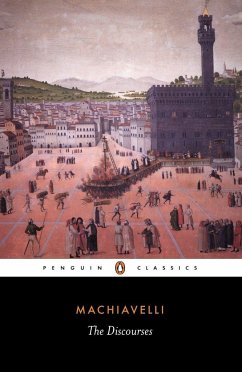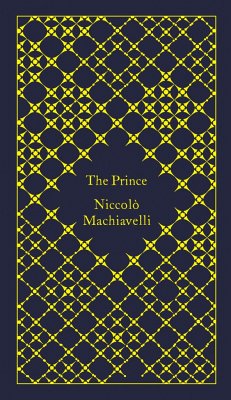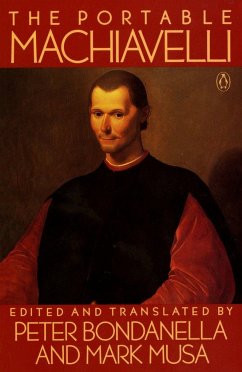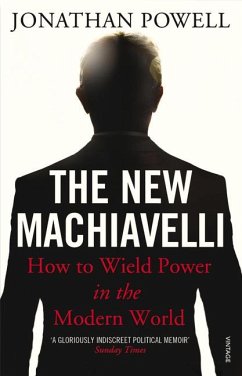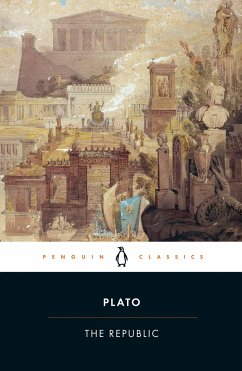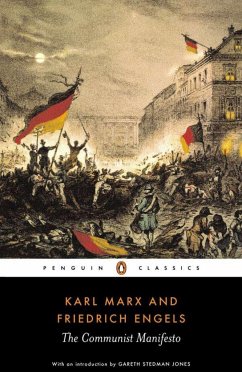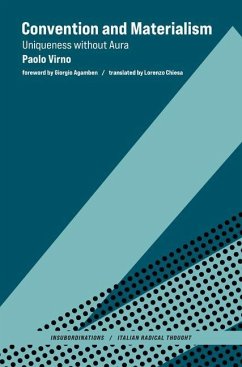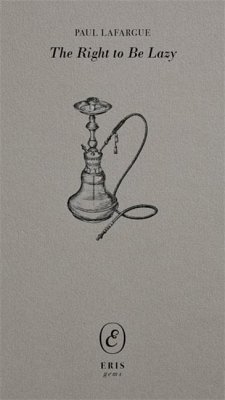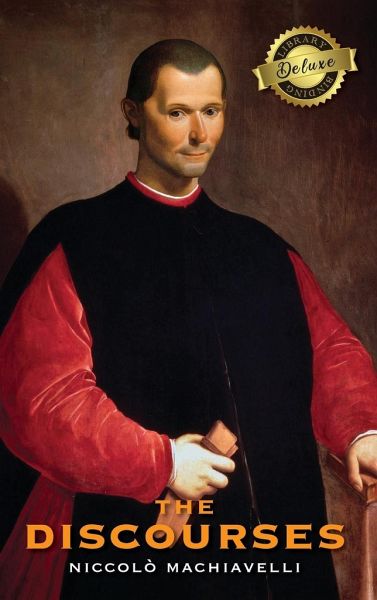
The Discourses (Deluxe Library Edition)
Versandkostenfrei!
Versandfertig in 1-2 Wochen
41,99 €
inkl. MwSt.
Weitere Ausgaben:

PAYBACK Punkte
21 °P sammeln!
The Discourses is a work of political history and philosophy. The work is an analysis of the first ten books of Livy's Ab urbe condita, which describe the expansion of Rome through the end of the Third Samnite War in 293 BCE. Machiavelli also discusses what can be learned from many other eras including contemporary politics. He describes Romans and other ancient peoples as superior models for his contemporaries, but he also describes political greatness as something which comes and goes amongst peoples, in cycles. Written in the early 16th century, The Discourses were published posthumously wi...
The Discourses is a work of political history and philosophy. The work is an analysis of the first ten books of Livy's Ab urbe condita, which describe the expansion of Rome through the end of the Third Samnite War in 293 BCE. Machiavelli also discusses what can be learned from many other eras including contemporary politics. He describes Romans and other ancient peoples as superior models for his contemporaries, but he also describes political greatness as something which comes and goes amongst peoples, in cycles. Written in the early 16th century, The Discourses were published posthumously with papal privilege in 1531. The text comprises a dedication letter and three books with 142 numbered chapters. Many scholars have studied the coincidence that Livy's history also contained 142 books in addition to its introduction as well as other numerological curiosities that turn up in Machiavelli's writings. The Discourses is often said to have paved the way of modern republicanism. While the book is primarily a discussion of the classical history of early Ancient Rome, it strays very far from this subject matter and uses contemporary political examples to illustrate points.





